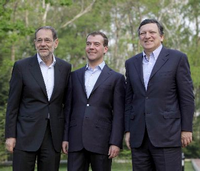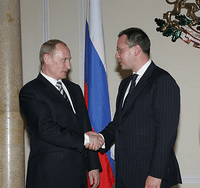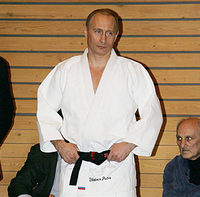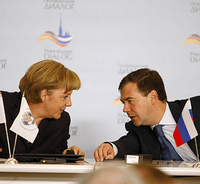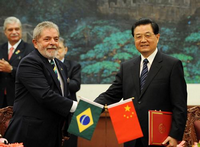
Last week was a busy one for Brazilian President Luiz Inácio Lula da Silva. In one week, the Brazilian leader visited China, Saudi Arabia, and Turkey, on a tour intended to strengthen Brazil’s diplomatic and economic ties with those three nations. The three days Lula spent in China, from May 19-21, received more attention than the other legs of the trip, in large part due to the close economic ties between the two nations. Spurred by a mutual demand for each others’ exports — with China seeking Brazilian raw materials, and Brazil seeking Chinese manufacturing — China is now the […]

